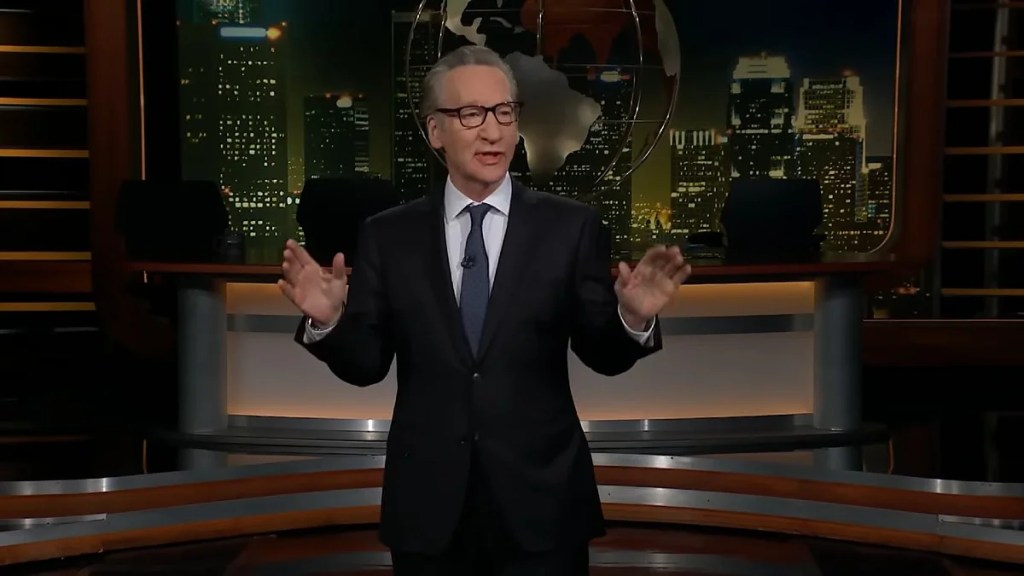In his first monologue following the election, Bill Maher delivered sharp critiques aimed at those grappling with Kamala Harris’s defeat. Reflecting on his earlier predictions favoring her candidacy, he urged the disappointed to confront reality with a provocative call to “look in the mirror.” Maher posited that the outcome reinforced his long-held views on the nation’s sentiments, emphasizing that voters were growing weary of what he termed “anti-common sense woke bulls–t.” With a blend of humor and bluntness, he encapsulated his perspective on the election’s implications while hinting at his role as a prescient commentator.
Amidst the disquiet among some voters, Maher maintained an upbeat demeanor, claiming he faced the election’s aftermath with optimism. He painted a picture of a typical morning, where natural beauty persisted undisturbed, and he joked about his gardener. Although he acknowledged not casting a vote for the eventual winner and expressed a degree of skepticism regarding the new administration’s capabilities, particularly Trump’s proposals for mass deportations, Maher approached the situation with a mix of levity and criticism. His comments aimed to challenge the feasibility of Trump’s promises while highlighting the absurdities in political rhetoric.
Maher’s monologue took a provocative turn as he addressed the demographic of white women, whose voting patterns were scrutinized in the aftermath of the election. Noting that Trump captured 52% of this demographic, Maher suggested that the liberal media was overestimating the level of outrage among women. He quipped about the complexity of female voters’ motivations, contrasting their perceived sensitivity with a more nuanced understanding of their practical concerns. By invoking humor, he sought to dismantle stereotypes surrounding women’s political motivations while subtly critiquing media narratives.
While he acknowledged the emotional toll of Harris’s loss for women, he interspersed his reflections with humor, suggesting that Harris might be contemplating a return to her former professional life. This mix of humor and critical observation highlighted the tensions surrounding identity politics and the expectations placed on women in leadership roles. Maher underscored the difficulties faced by female candidates, particularly in a politically charged environment, yet did so through a lens of sardonic wit that encapsulated both admiration and critique.
As he continued to dissect the election results, Maher revisited other factors that might have contributed to Democrats’ struggles at the polls. He speculated on various hypotheses that had circulated regarding the electoral shifts but framed his analysis in a way that prompted viewers to consider deeper systemic issues rather than merely surface-level explanations. Maher’s commentary resonated with audiences familiar with the cyclical nature of political fortunes, prompting them to reflect critically on their own assumptions and beliefs.
In closing, Maher’s pointed remarks served as both a celebration of his prescience and a biting critique of the prevailing narratives surrounding electoral politics. He urged introspection among those dismayed by the outcomes, gracefully balancing humor with a stark confrontation with uncomfortable truths. By encapsulating the election within the broader context of societal sentiments, he challenged audiences to reassess their relationship with evolving political landscapes, leaving them with a call for greater awareness and critical engagement moving forward.

